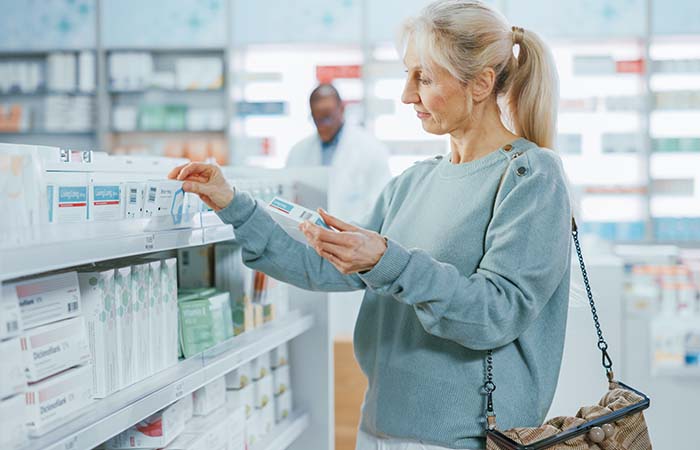NPA view: Pharmacists can help tackle women's health inequalities
In Analysis
Follow this topic
Bookmark
Record learning outcomes
The Women’s Health Strategy for England has been launched and promises to look at ways pharmacies can offer a wider range of services, says NPA policy manager Helga Mangion
The strategy recognises that “community pharmacists and their teams are uniquely placed to provide support and expert advice on medicines, as well as wider health advice and support to women at all stages of their lives”.
On the same day the strategy was launched, I attended a parliamentary round-table conference entitled A Turning Point for Women’s Reproductive Healthcare.
The debate explored the current gaps in the healthcare system that make access to healthcare difficult for women. As I listened, I could not help but reflect on the different experiences that women have as they navigate the healthcare system.
Disparate
As a pharmacist working across different geographies, the disparate levels of access to and support from healthcare services are clear to see. For instance, in one region, a woman is entitled to three cycles of fertility treatment, while, in others, it is only one.
In some places, gynaecological conditions with symptoms such as heavy bleeding appear to be accepted as ‘one of those things’ you need to deal with as a woman.
The tendency is to apply a one-size-fits-all mentality but women come in all ages, shapes and sizes, from different cultural backgrounds and beliefs.
It is important that we all recognise their different health needs, such as the prevalence of osteoporosis in Caucasian women, the prevalence of diabetes in Asian woman, and the specific challenges that Black women face during pregnancy and childbirth. We also need to remember the services available to young women.
As highly qualified healthcare professionals, community pharmacists can recognise the physical and mental anguish of families when mums, daughters, sisters and wives are unable to resolve their health needs.
Although they can provide support and valuable advice, community pharmacists are not empowered to provide complete care in too many cases, even though, partly due to the expansion of independent prescribing, this is improving for urinary tract infections and, to an extent, menopause-related interventions.
Full NHS benefits
It is only when all systems are fully integrated with community pharmacy that the full NHS benefits can be felt.
I urge all policymakers and commissioners to seize this moment, so that all women across the country are able to access immediate, consistent care regardless of age, creed, colour, belief or postcode.

